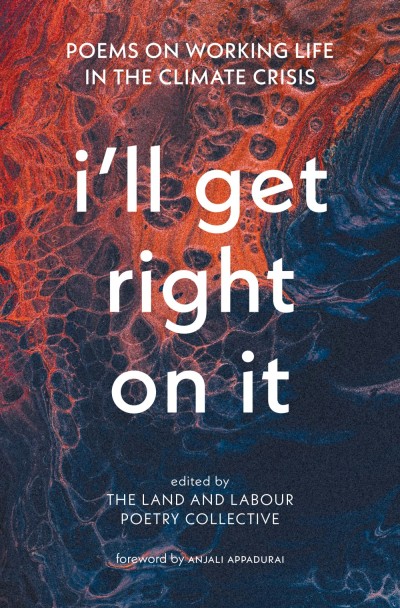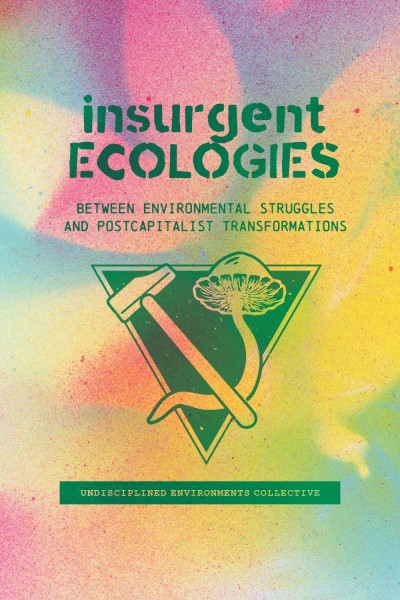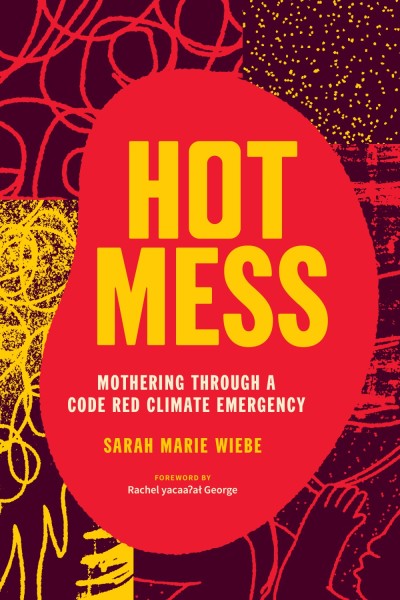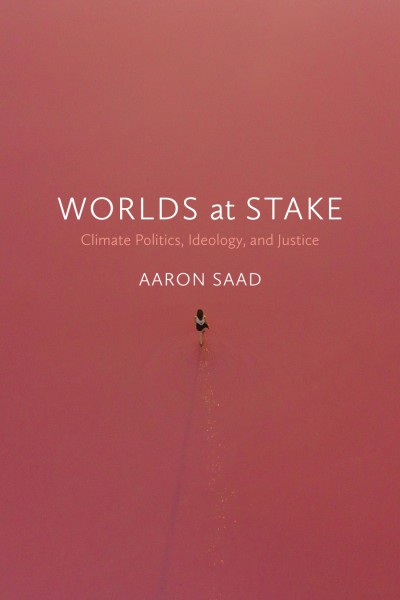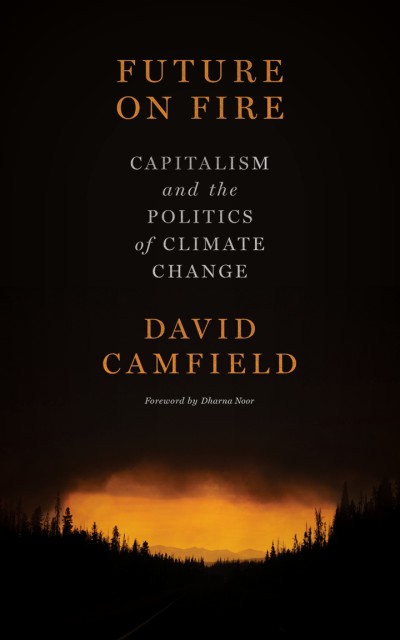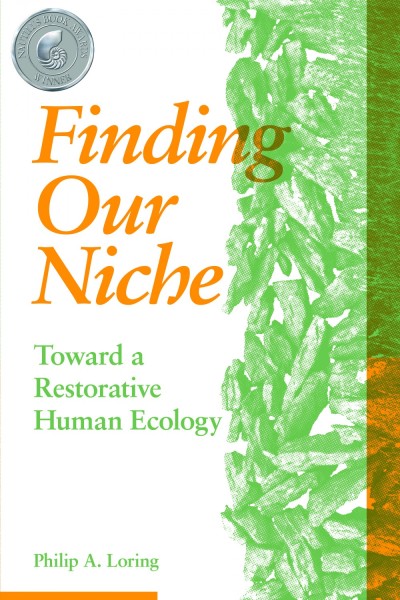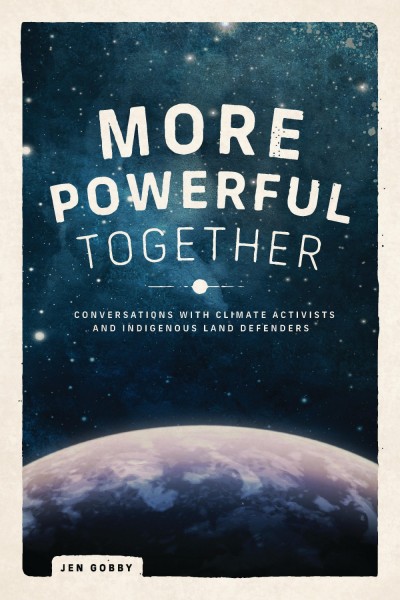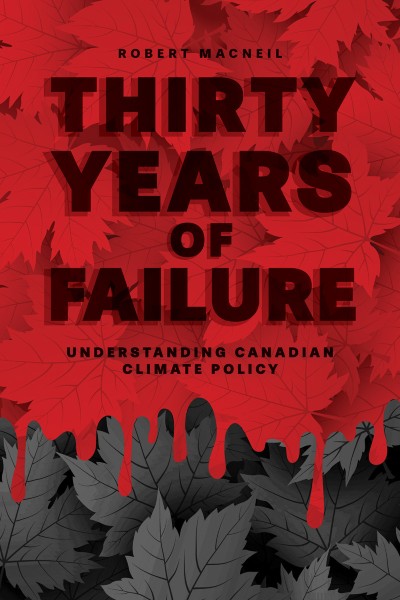
Thinking Ecologically
Environmental Thought, Values and Policy
This book addresses some of the fundamental concepts presently grounding environmental policy–concepts such as sustainability, sustainable development and conservation.
About the book
Thinking Ecologically has two aims. The first is to describe the metaphysical, epistemological and valuational directions taken toward the environment in the history of Western thought. The second is to develop an approach to environmental thought based on the idea of attunement. Attunement steers us toward thinking ecologically, in contrast to merely thinking about ecology. Appeal to some Eastern and Aboriginal approaches is made to develop the idea of attunement. As such, it challenges some basic (Western and philosophical) values and ethical assumptions about what it means to be part of ecological processes. With this theoretical background, the book then attempts to address some of the fundamental concepts presently grounding environmental policy–concepts such as sustainability, sustainable development and conservation. These examples of how thinking ecologically can be applied to a range of policy concerns highlight the tensions involved in understanding the relation between humans and their environment. Thinking ecologically, however, enables these tensions to be seen not merely as problematic, but as informative in becoming attuned; it attempts to address in policy the uncertainty that arises when these tensions are understood in their fullness.
Contents
- Preface
- Introduction
- Animistic and Classical World Views
- The Copernican Revolution, Mechanism and the Modern World View
- The Challenge of Evolutionary and Ecological Theories
- Values and World View
- Ecology and Ethics
- Ethics and Policy
- Sustainable Development, Conservation and Sustainability
- Bibliography
- Index


